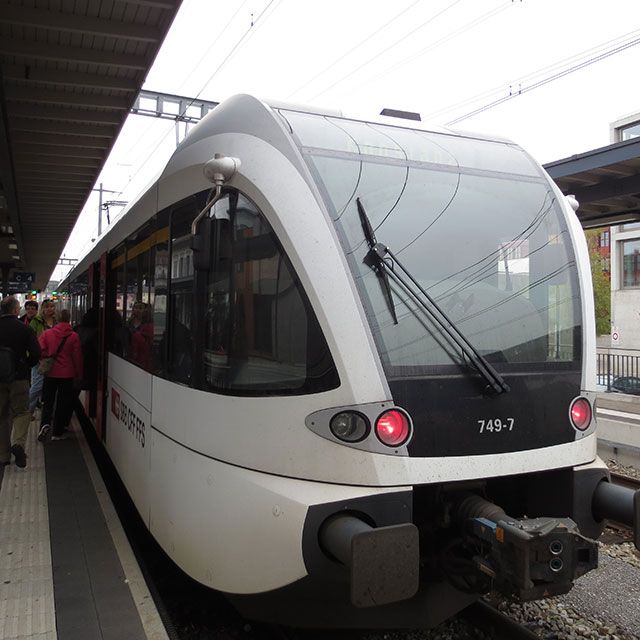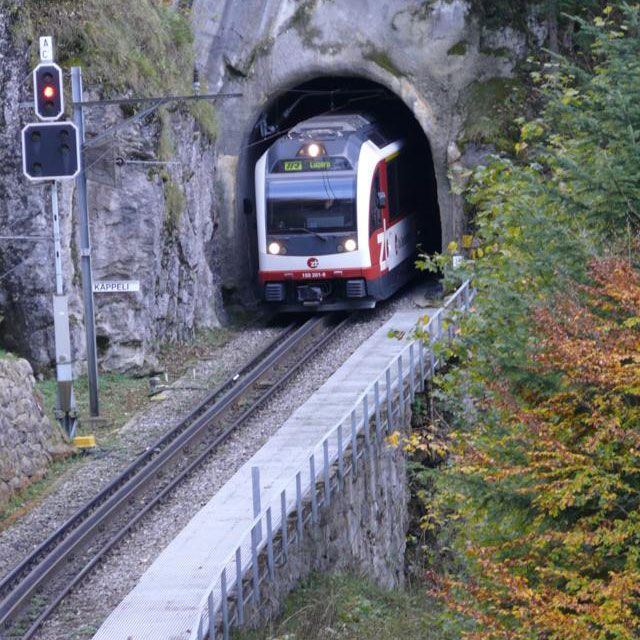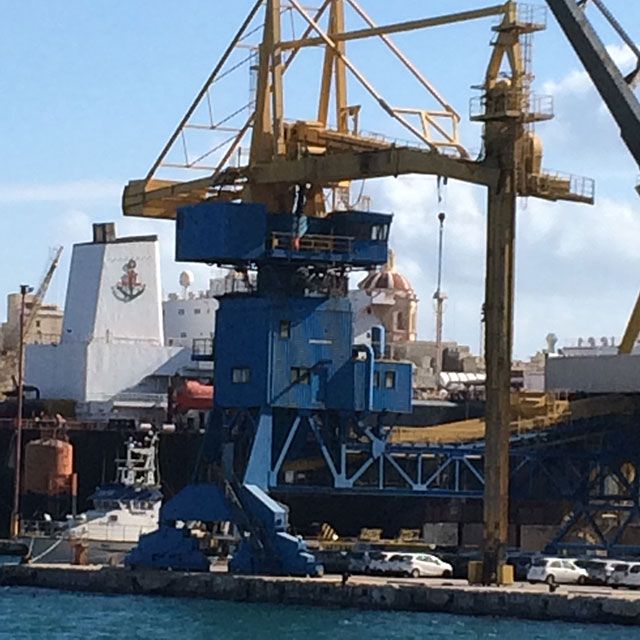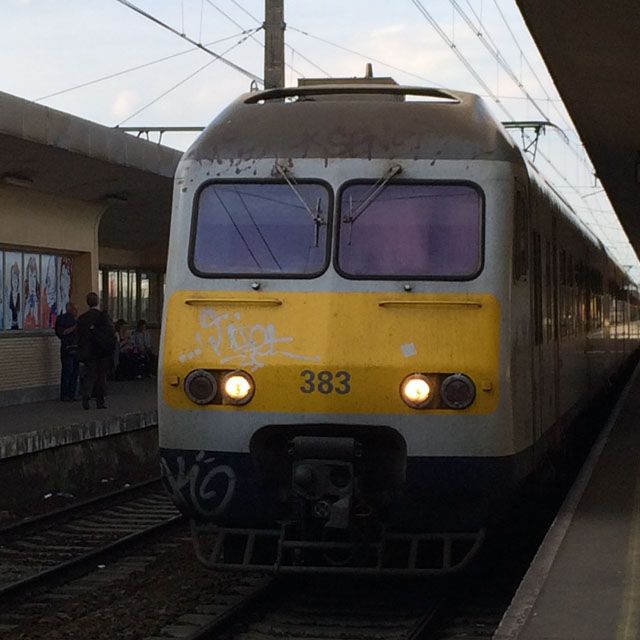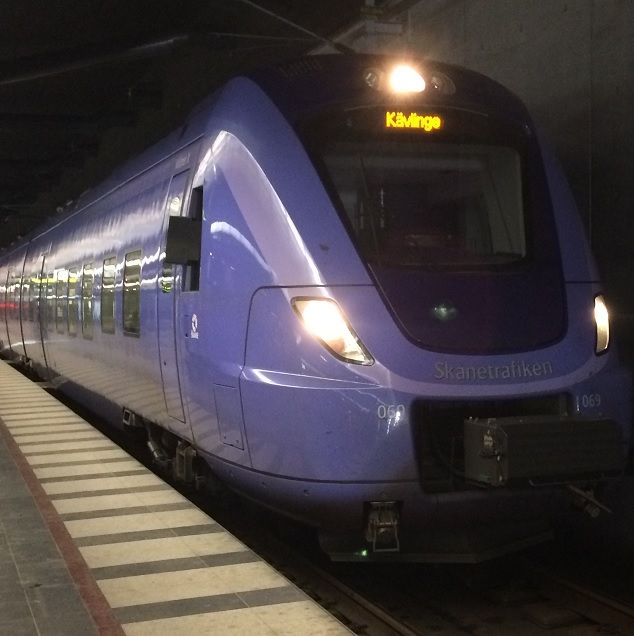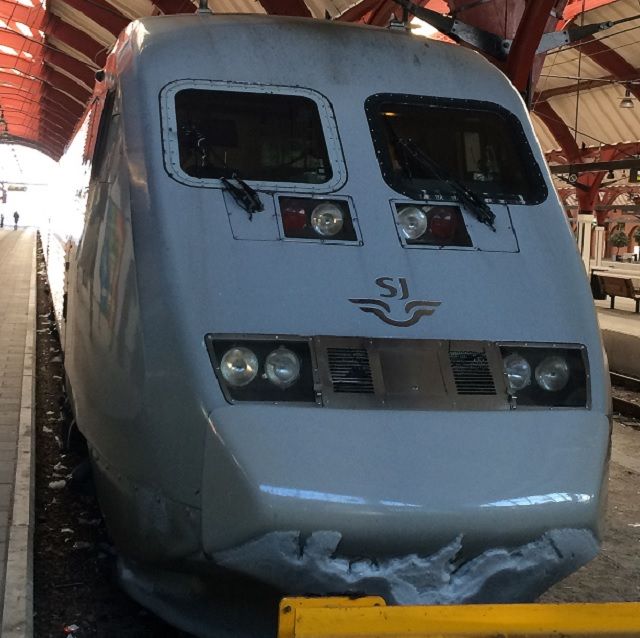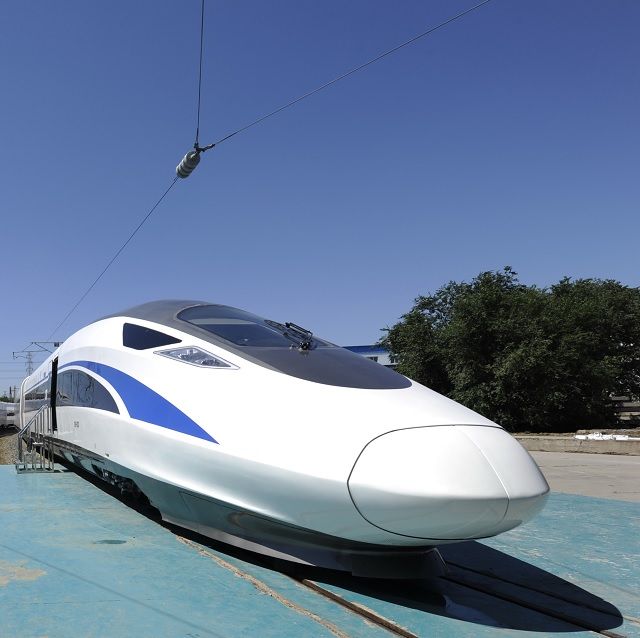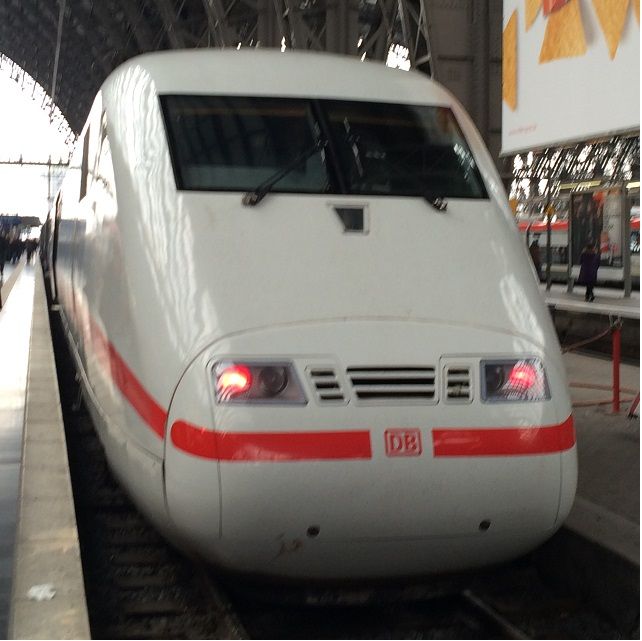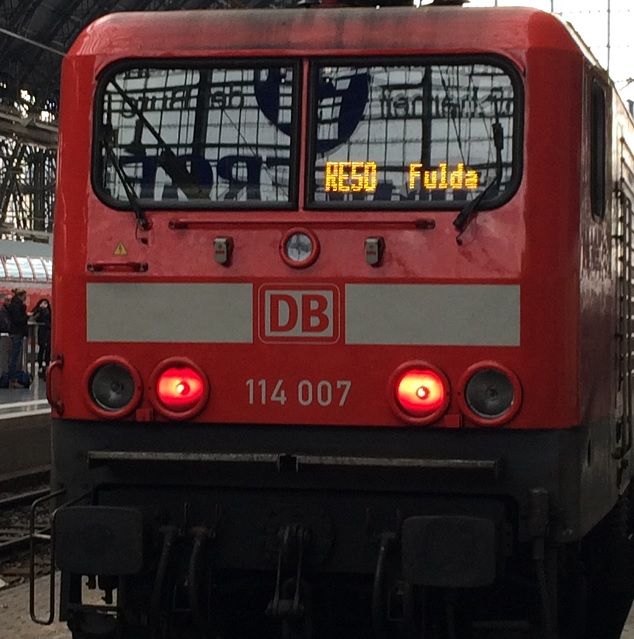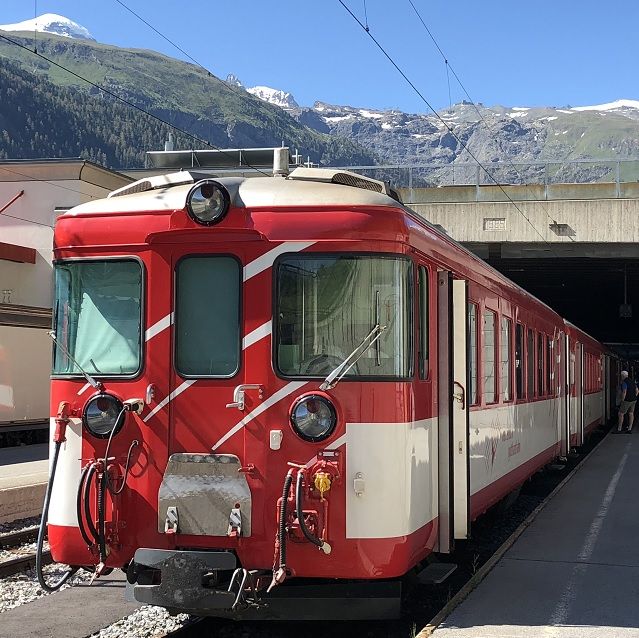Luxembourg Rail Protocol included in new UK Draft Rail Reform Bill
Luxembourg Rail Protocol included in new UK Draft Rail Reform Bill
The UK government’s long-awaited Draft Rail Reform Bill, published last week, includes a clause authorising the government to proceed with ratification of the Luxembourg Rail Protocol, subject to appropriate consultation.
Due to the complexity and effect of a number of the Draft Bill’s proposals, it is to undergo pre-legislative scrutiny from the House of Commons Transport Committee of the UK parliament. However, this means that the Bill may not get through the legislative process before the next general election, which is expected in the autumn.
“It is really encouraging to see that the British government is now ready to move forward with the Luxembourg Rail Protocol, and we welcome this development,” said RWG Chairman Howard Rosen. “Regardless of which party heads the next government, adopting the Luxembourg Rail Protocol, which enters into force next month in contracting states, will make it easier and cheaper for the private sector to finance rolling stock operating in the UK. It’s the most effective way to ensure the best deal for rail passenger and freight operators, and great value for money for the government.”
“By adopting the Luxembourg Rail Protocol, the British government will also be supporting the UK banking and leasing community to finance railway rolling stock, both in the UK and abroad, which is particularly beneficial for a leading financial centre such as London” added Chair of the RWG’s UK Contact Group Martin Fleetwood.
For the complete report click here.
NOTES FOR EDITORS
Draft Rail Reform Bill
The text of the Draft Rail Reform Bill may be found here: https://assets.publishing.service.gov.uk/media/65d36cece1bdec431f322225/draft-rail-reform-bill.pdf Section 15 deals with the Luxembourg Rail Protocol.
The Luxembourg Rail Protocol to the Cape Town Convention on International Interests in Mobile Equipment is a new global treaty under the auspices of UNIDROIT, the International Institute for the Unification of Private Law. The Protocol will make it much easier and cheaper for the private sector to finance all types of railway rolling stock. It sets up a new system for recognition, priorities and enforcement of creditor and lessor rights, which will be registered in an international registry based in Luxembourg, accessible to everyone over the internet 24/7 and introduces, for the first time a new global unique permanent identification system for rolling stock. The Protocol entered into force in contracting states on 8th March 2024.
The European Union (in respect of its competences). Luxembourg, Sweden, Spain and Gabon have ratified the Protocol and South Africa and Paraguay are about to ratify. France, Germany, Switzerland, Mozambique, Italy, and the UK have already signed the Protocol and many other states, including Kenya, China, Malta, Eswatini, Namibia, Senegal, Ethiopia, Finland, Ukraine and Mauritius, are looking at adoption of the Protocol. The Protocol is endorsed by many international rail organisations (including OTIF, CIT, UIC, UIP, ERFA, ALLRAIL, UITP, CER and Eurofima) and actively supported by the African Union, the UN Economic Commission for Africa and the UN Economic Commission for Europe.
The Rail Working Group is a Swiss-based not-for-profit association focused on the adoption and implementation of the Luxembourg Rail Protocol. It has about 80 direct members and hundreds of additional rail stakeholders represented indirectly by various industry organisations that belong to, and support, the objectives of the RWG.
For more on the Luxembourg Rail Protocol and the Rail Working Group see www.railworkinggroup.org.
Further information from the Rail Working Group:
Tel. +41 41 760 28 88
Email: info@railworkinggroup.org
Twitter: https://twitter.com/RailWorkingGrp
LinkedIn: https://www.linkedin.com/company/rail-working-groupp/?viewAsMember=true
EU Contact: Matteo Albania
ENDS








